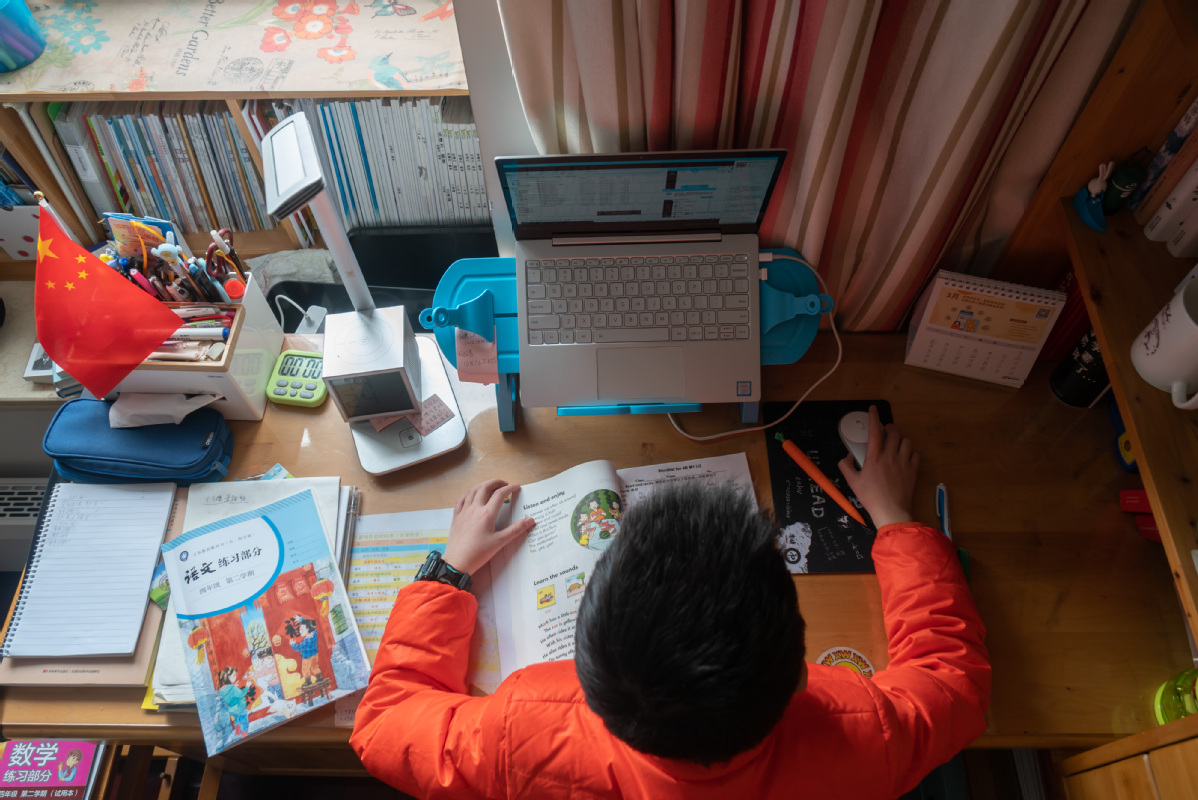
Technology
Internet education encourages job creation and creativity.

According to industry experts, China's initiatives to promote new forms of consumption would contribute to more flexible jobs and technological advancement in the online education market.
The country's efforts to promote new consumption models, such as online education and New Retailing, would result in more employment in these sectors, said Wang Peng, an associate professor at Beijing's Renmin University of China's Hillhouse Research Institute.
At the same time, such evolving consumption models would provide new technology implementation scenarios, further stimulating the country's technical advances for new economic drivers, Wang said.
The remarks came as the National Development and Reform Commission and 27 other ministries launched an action plan last week to support the growth of both online and offline consumption by cultivating new styles of consumption.
According to industry experts, the move is aimed at boosting demand-side measures in order to better unleash pent-up consumer demand, boost innovation-driven growth, and give the economy a boost.
The action plan, in particular, called for increased efforts to encourage the orderly growth of the online education sector and stressed the need to "improve new occupations" in the region.
During the COVID-19 pandemic, the sector experienced rapid growth as a result of increased demand for remote online research. As a result, a growing number of young graduates with higher education degrees joined the online education bandwagon.
As a result, "online education tutors" stood out as one of the nine emerging careers announced by the country's human resources agency. To assist students, online education tutors primarily use digital learning tools.
Technical resources, such as big data analysis, AI recognition, and production-assisted tool creation, can be used by the emerging profession of online education tutors to provide customized, reliable, timely, and efficient learning and assessment feedback, said Xiong Bingqi, deputy director of the 21st Century Education Research Institute.
It will solve the sector's biggest bottleneck—personalization and interactivity—and allow online education to truly benefit individuals in the internet age, Xiong said.
